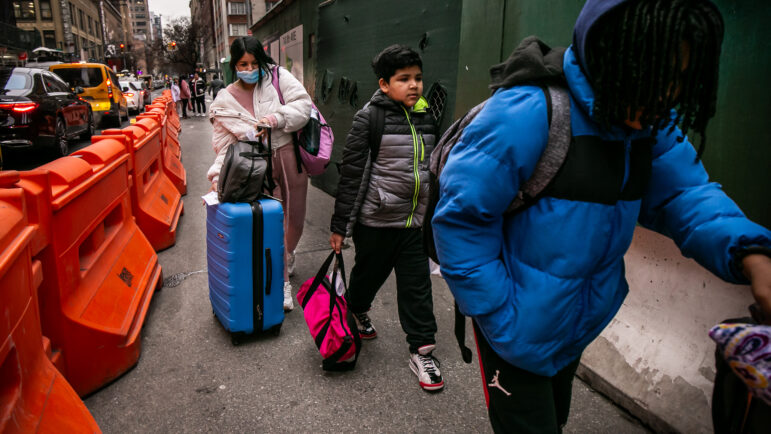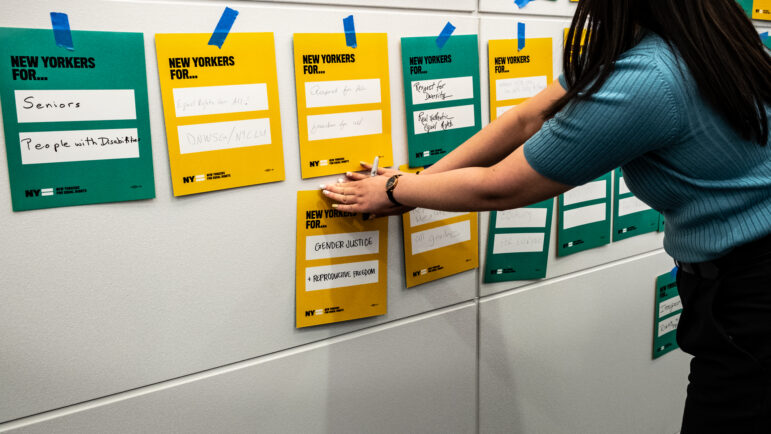
Photo by: espensorvick
With 15 days and counting until the primary election, with newspaper endorsements getting locked up and union support largely spoken for, the fight for citywide offices now will be fought almost exclusively on the airwaves, mostly in the form of paid campaign commercials—but also including three more televised debates, two for the Republican candidates for mayor and one featuring their Democratic counterparts.
Debates are, of course, an incredibly important opportunity to learn what the candidates have to say in response to (hopefully) tough questions. But fact and context can sometimes get muddled in the competitive atmosphere of a high-stakes debate. And while the voters do get the final say on Election Day, their vote for a candidate can’t definitively be read as a vote for or against a particular policy idea.
Wouldn’t it be nice to get a background briefing before the debate, and hear what voters think after it?
That’s just what will occur on September 3, the night of the next and final Democratic mayoral debate, from 6 to 9 p.m. in Theater B of City College’s Aaron Davis Hall on Convent Ave. at 134th Street, where City Limits is one sponsor of “What’s Next For New York City’s Children? A Mayoral Debate Watch Party and Teach-in,” organized by the Office of the President of the City College of New York and the Colin L. Powell School for Civic and Global Leadership.
We’ll hear from a distinguished panel of experts on school policy and politics: Zakiyah Ansari, the advocacy director for the New York State Alliance for Quality Education; David Bloomfield, professor of educational leadership, law, and policy at CUNY Graduate Center and Brooklyn College; R. L’Heureux Lewis-McCoy, assistant professor of sociology and black studies at City College; and Alan R. Sadovnik, the Board of Governors distinguished service professor at Rutgers University-Newark.
First, we’ll talk to the panelists about what they’re hoping—or at least expecting—to hear from the candidates, what spin to watch out for and what nuances to keep in mind. Then we’ll watch the debate together. Afterward, panelists and audience members will debrief. The key question won’t be who won the debate, but which proposals and answers stirred the most support, or suspicion.
Register for the event here.
The September 3 debate is at 7 p.m. On NBC 4, Telemundo and WOR radio.
There are also two Republican debates before the primary: this Wednesday, August 28, at 7 p.m. (CBS 2, WLNY-TV 10/55, 1010 WINS, WCBS Newsradio 880) and Sunday, September 8 at 11:30 a.m. ( NBC 4, Telemundo, WOR radio).
To see the complete schedule of debates for the general election (and, if need be, a mayoral runoff), go here.








